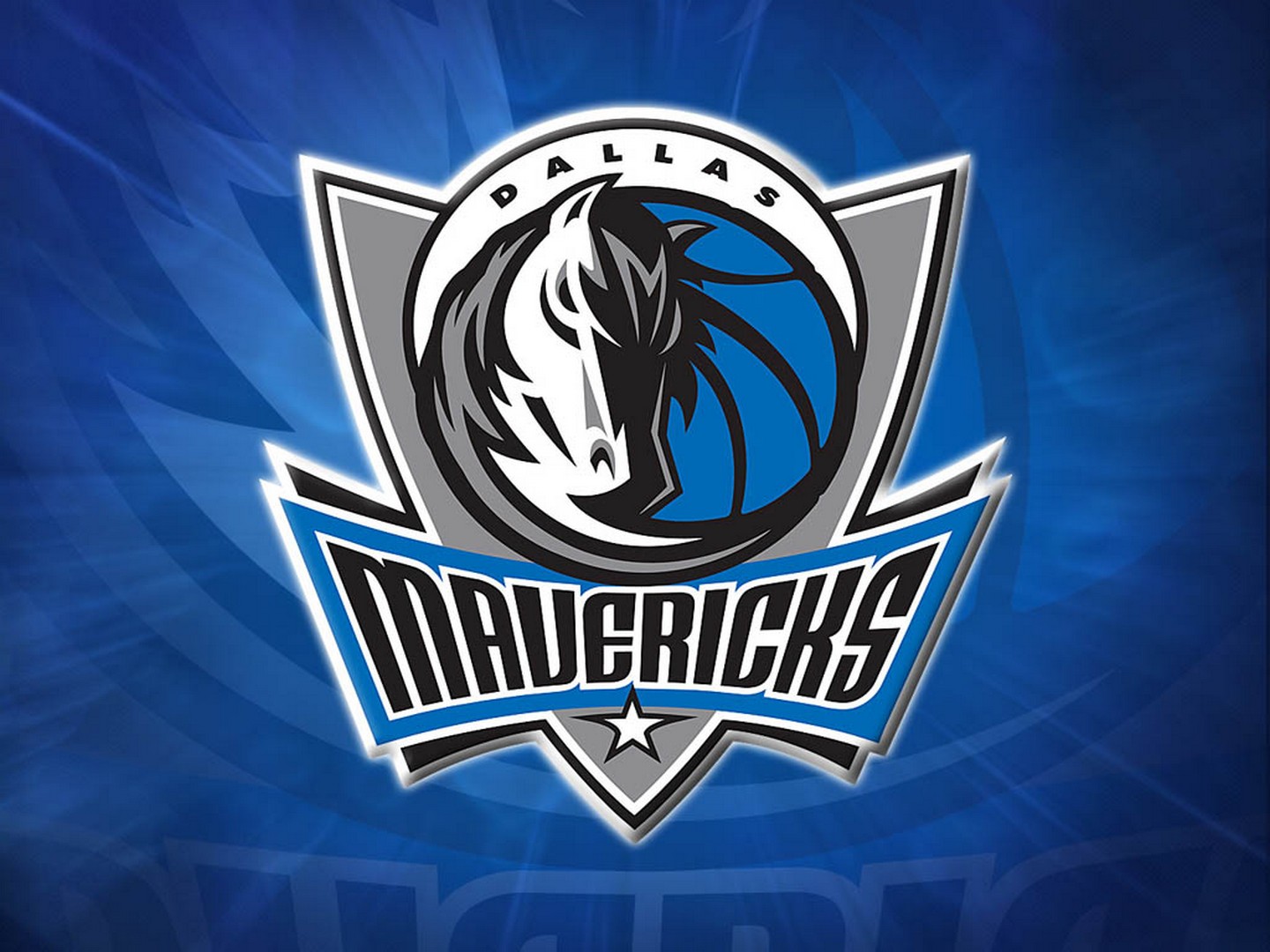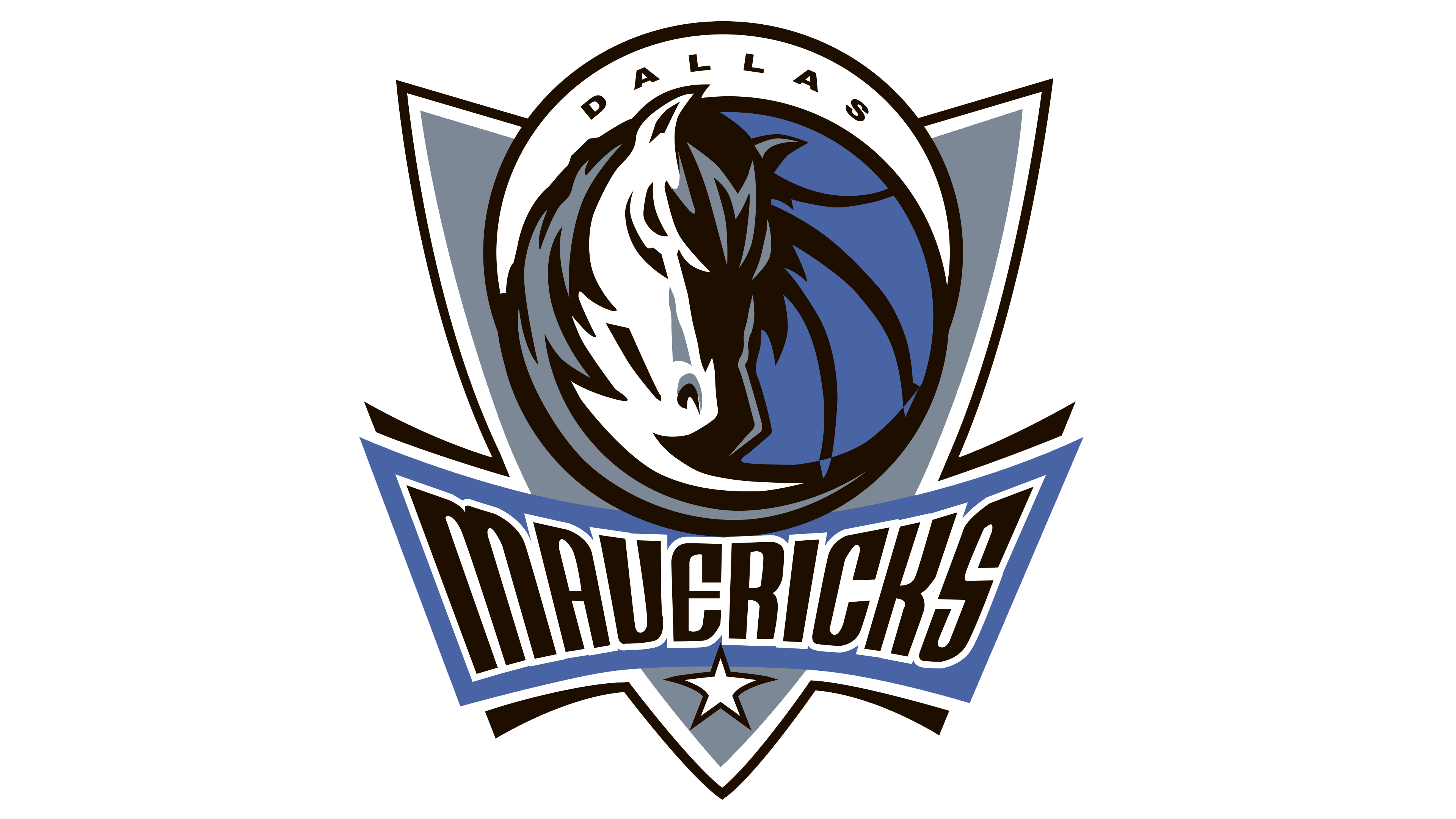Player Analysis

The Dallas Mavericks have a dynamic and talented roster, led by the exceptional Luka Dončić. This analysis will delve into the strengths, weaknesses, and impact of the team’s key players, examining their playing styles and on-court chemistry.
Luka Dončić, Dallas mavericks
Luka Dončić is a generational talent and the heart of the Mavericks’ offense. His exceptional court vision, ball-handling skills, and scoring ability make him one of the most dangerous players in the NBA. Dončić’s size and strength allow him to create his own shot and finish through contact, while his passing ability creates opportunities for his teammates.
Despite his dominance, Dončić can be prone to turnovers and defensive lapses at times. However, his impact on the team is undeniable, as he leads the league in triple-doubles and has guided the Mavericks to multiple playoff appearances.
Kyrie Irving
Kyrie Irving is a highly skilled and experienced guard who brings a new dimension to the Mavericks’ offense. His elite ball-handling and shooting ability make him a dangerous scorer, and he is also a capable passer and defender.
Irving’s on-court chemistry with Dončić is still developing, but their combined scoring and playmaking potential is undeniable. However, Irving’s injury history and occasional inconsistencies remain a concern.
Spencer Dinwiddie
Spencer Dinwiddie is a versatile guard who provides the Mavericks with a reliable scoring option and playmaking ability. His speed and athleticism allow him to create his own shot, and he is also a capable three-point shooter.
Dinwiddie’s ability to run the offense and score in bunches makes him a valuable asset to the Mavericks. He is a consistent performer who can step up when needed.
Christian Wood
Christian Wood is a skilled big man who brings size, athleticism, and shooting ability to the Mavericks’ frontcourt. His ability to stretch the floor and create his own shot makes him a difficult matchup for opposing defenses.
Wood’s rebounding and defense have also been solid for the Mavericks, and he has formed a strong partnership with Dončić in the pick-and-roll game.
On-Court Chemistry
The Mavericks’ star players possess complementary skills and have shown good chemistry on the court. Dončić’s ability to create for himself and others allows Irving and Dinwiddie to play off the ball and spot up for open shots. Wood’s ability to stretch the floor and rebound creates space for Dončić and Irving to operate.
However, there are still areas where the Mavericks can improve their on-court chemistry. Irving and Dončić have occasionally struggled to find a rhythm together, and Dinwiddie can sometimes be inconsistent with his shot selection. The Mavericks will need to continue to work on their communication and execution to maximize their potential.
Team Performance: Dallas Mavericks

The Dallas Mavericks have had a successful season, currently holding a win-loss record of 44-29. They rank among the top teams in the Western Conference, with an offensive efficiency of 114.9 (8th in the NBA) and a defensive efficiency of 111.7 (10th in the NBA).
Strengths
The Mavericks’ success can be attributed to several key strengths. They have a dynamic offense led by Luka Dončić, who is averaging 33.3 points, 8.9 rebounds, and 8.2 assists per game. The team also has a strong supporting cast, including Spencer Dinwiddie, Tim Hardaway Jr., and Christian Wood.
On the defensive end, the Mavericks are led by Dorian Finney-Smith, who is one of the best perimeter defenders in the NBA. The team also has a strong interior presence in Wood and Dwight Powell.
Weaknesses
Despite their strengths, the Mavericks have some areas where they can improve. They can be prone to turnovers, and they can struggle to defend against teams with good outside shooting.
Comparison to Other Top Teams
The Mavericks are currently in the middle of the pack among the top teams in the Western Conference. They are behind the Denver Nuggets, Memphis Grizzlies, and Phoenix Suns, but they are ahead of the Los Angeles Clippers and Golden State Warriors.
The Mavericks have a good chance of making a deep playoff run this season. They have a talented roster and a good coach in Jason Kidd. However, they will need to improve their consistency and avoid making mistakes if they want to be a serious contender for the championship.
Coaching and Management

The Dallas Mavericks have undergone significant changes in their coaching and management structure in recent years, with the arrival of Jason Kidd as head coach and Nico Harrison as general manager. This has led to a shift in the team’s philosophy and approach, with a focus on player development, defensive intensity, and roster flexibility.
Jason Kidd’s Coaching Style and Leadership
Jason Kidd has brought a wealth of experience and success to the Mavericks, having won an NBA championship as a player and leading the Milwaukee Bucks to the playoffs in each of his three seasons as head coach. His coaching style is characterized by:
- Defensive emphasis: Kidd has implemented a defensive-minded system that emphasizes communication, teamwork, and rebounding.
- Player empowerment: Kidd gives his players freedom and responsibility within the system, allowing them to make decisions and play to their strengths.
- Accountability: Kidd holds his players accountable for their performance and expects them to compete every night.
Kidd’s leadership has had a positive impact on the Mavericks, fostering a culture of hard work and camaraderie. He has helped develop young players such as Luka Dončić and Jalen Brunson, and has guided the team to the playoffs in each of his two full seasons.
Front Office’s Roster Decisions
The Mavericks’ front office, led by general manager Nico Harrison, has made several key roster decisions in recent years, including:
- Acquiring Kristaps Porzingis: The Mavericks acquired Porzingis in a trade with the New York Knicks in 2019. He is a skilled big man who provides the team with a scoring threat and defensive presence.
- Drafting Luka Dončić: The Mavericks selected Dončić with the third overall pick in the 2018 NBA Draft. He has quickly become one of the league’s best players and is the centerpiece of the team’s future.
- Trading for Spencer Dinwiddie: The Mavericks acquired Dinwiddie in a trade with the Washington Wizards in 2022. He is a versatile guard who provides the team with scoring, playmaking, and defense.
These roster decisions have helped the Mavericks improve their competitiveness and build a young, talented core. The team has a good mix of experience and youth, and they have the potential to be a contender in the Western Conference.
Organizational Structure and Management Philosophy
The Mavericks’ organizational structure is led by owner Mark Cuban, who is known for his hands-on approach and willingness to take risks. The team has a strong focus on player development and analytics, and they are always looking for ways to improve. However, there have been some criticisms of the team’s management philosophy, including:
- Lack of consistency: The Mavericks have had a history of inconsistency, with periods of success followed by periods of struggle.
- Overreliance on Luka Dončić: The Mavericks have been heavily reliant on Dončić, and they need to find ways to get more production from their other players.
- Need for improved depth: The Mavericks’ bench has been a weakness in recent years, and they need to add more quality players to support their starters.
Despite these criticisms, the Mavericks have a solid foundation and a bright future. They have a young, talented team led by Luka Dončić, and they have a strong coaching staff and front office. With continued improvement and consistency, the Mavericks have the potential to be a championship contender.